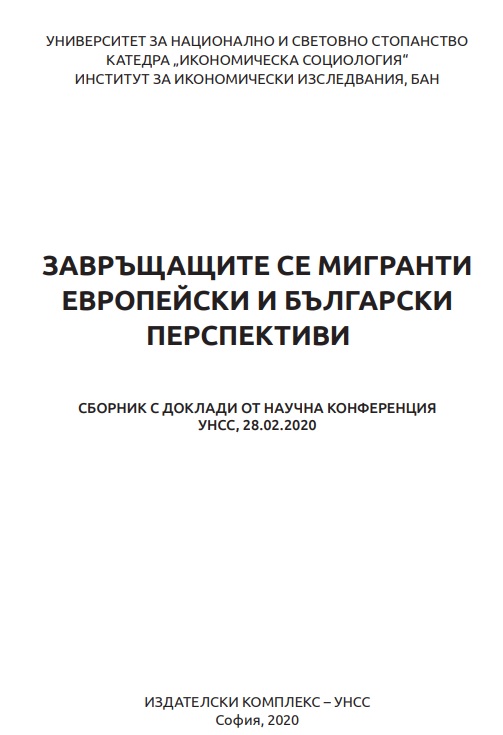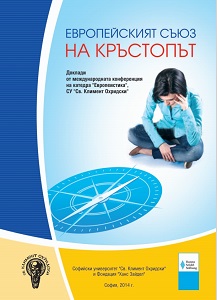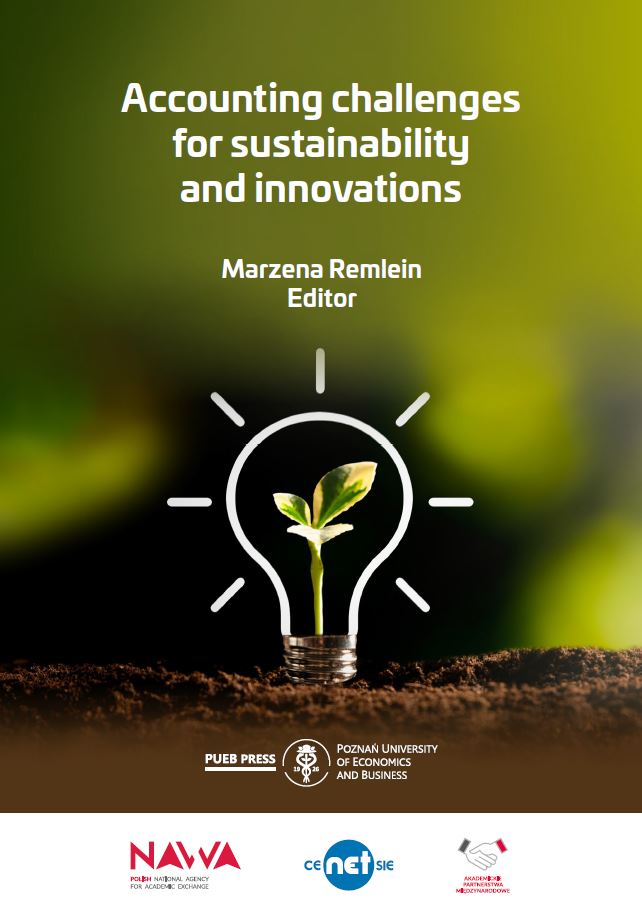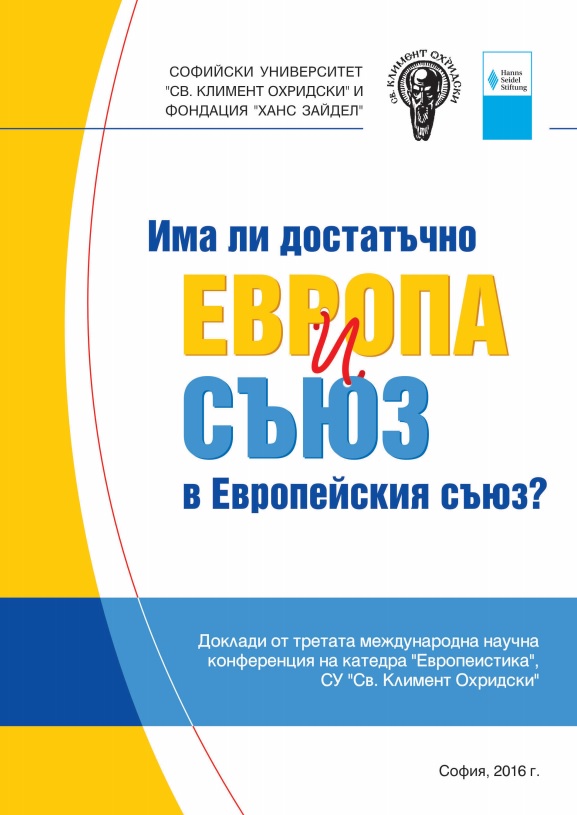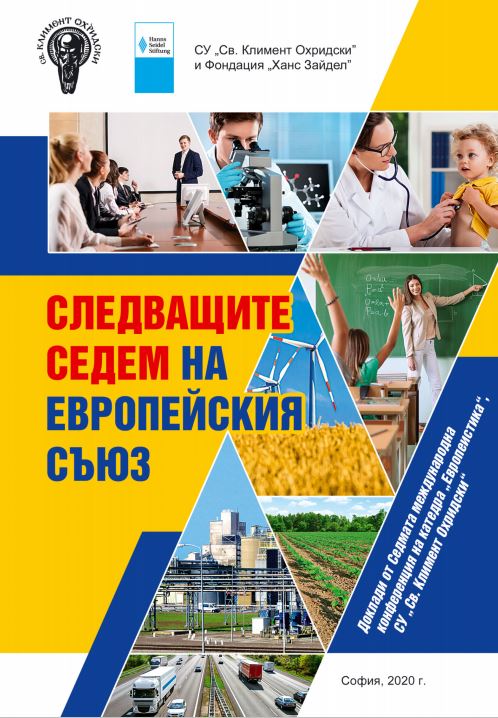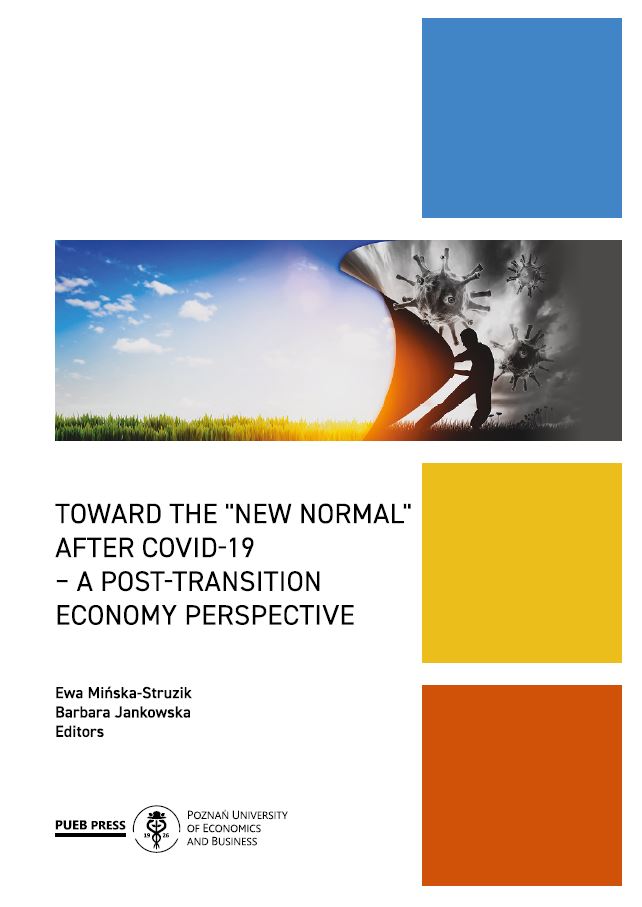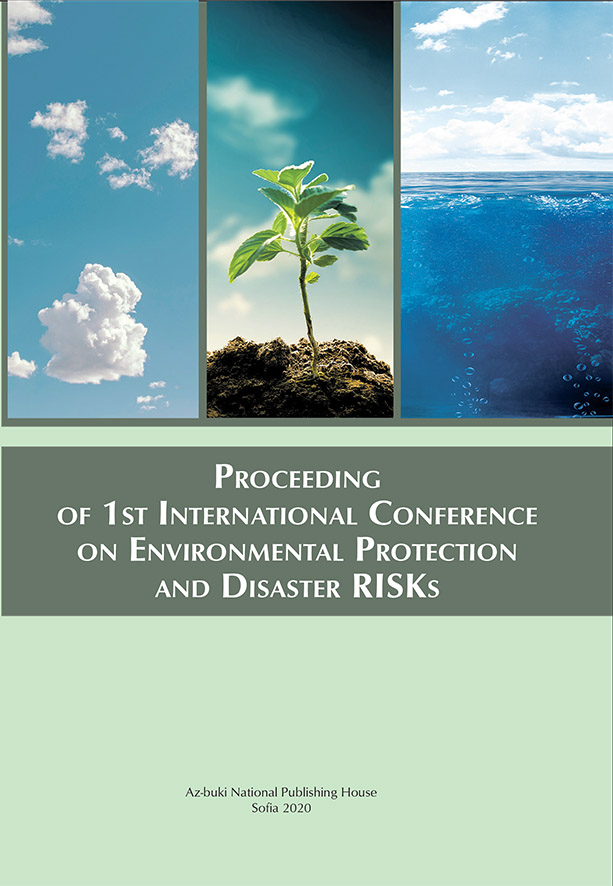
Statistical Assessment of Annual Maximum Daily Precipitation over Bulgaria in the Period 1892-2018
Annual maximum daily precipitation from 292 meteorological stations of the national meteorological network has been used to investigate the statistical properties of extreme precipitation in the period 1892-2018. The stationarity of time series has been examined for abrupt changes and slow variations by the non-parametric Pettitt and Mann-Kendall tests. The return levels of annual maximum daily precipitation for selected probabilities of exceedance have been assessed on the base of the best-fitted combination of probability distributions and parameters estimation methods for each of the time series.
More...
